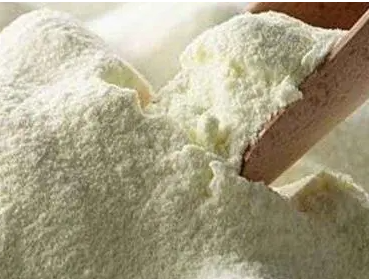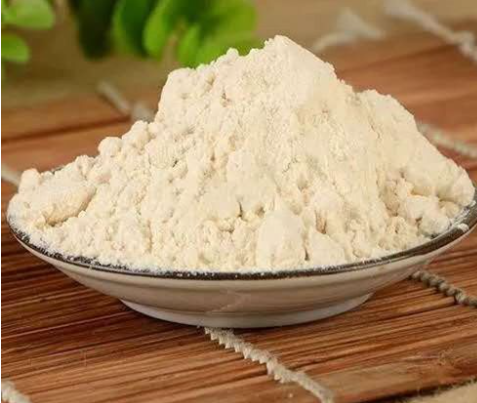Soy protein is a protein that is isolated from soybean. It is made from soybean meal that has been dehulled and defatted. Dehulled and defatted soybeans are processed into three kinds of high protein commercial products: soy flour, concentrates, and isolates. Soy protein isolate has been used since 1959 in foods for its functional properties.
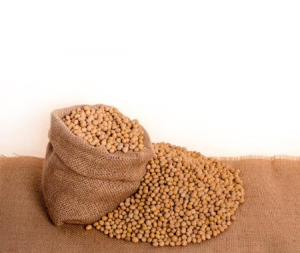
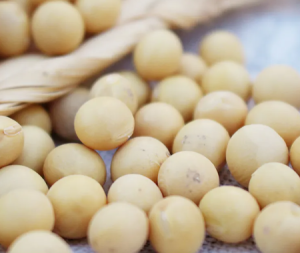
Soy protein is generally regarded as being concentrated in protein bodies, which are estimated to contain at least 60–70% of the total soybean protein.Upon germination of the soybean, the protein will be digested, and the released amino acids will be transported to locations of seedling growth. Soybeans contain a small but newly very significant 2S Albumin storage protein.Legume proteins, such as soy and pulses, belong to the globulin family of seed storage proteins called legumin and vicilins, or in the case of soybeans, glycinin and beta-conglycinin. Soybeans also contain biologically active or metabolic proteins, such as enzymes, trypsin inhibitors, hemagglutinins, and cysteine proteases very similar to papain. The soy cotyledon storage proteins, important for human nutrition, can be extracted most efficiently by water, water plus dilute alkali (pH 7–9), or aqueous solutions of sodium chloride (0.5–2 M ≈ 30-120 g/L) from dehulled and defatted soybeans that have undergone only a minimal heat treatment so the protein is close to being native or undenatured.
1. Meat products: Adding soy protein isolate to higher-grade meat products not only improves the texture and flavor of meat products, but also increases the protein content and strengthens vitamins. Because of its strong functionality, the dosage of 2-5% can retain water, fat, prevent segregation of gravy, improve quality, and improve taste. By injecting the protein isolate injection into meat pieces like ham, and then processing the meat pieces, the yield of ham can be increased by 20%. The protein isolate is used in fried fish cakes, fish rolls or fish sausages, with 40% fish meat.
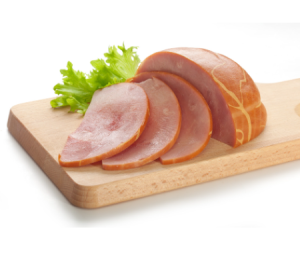
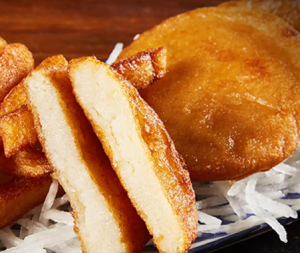
2.Dairy products: Soy protein isolate is used to replace milk powder, non-dairy beverages and various forms of milk products. It has comprehensive nutrition and does not contain cholesterol. It is a food substitute for milk. Soy protein isolate is used in the production of ice cream instead of skimmed milk powder, which can improve the emulsification properties of ice cream, delay the crystallization of lactose, and prevent the occurrence of "sanding".
3. Pasta products: Adding no more than 5% of protein isolate when producing bread can increase the volume of bread, improve the color of the skin and extend the shelf life; when processing noodles, adding 2 to 3% protein isolate can reduce the breakage after boiling. The strip rate increases the yield of noodles, and the noodles have good color and taste similar to strong flour noodles.

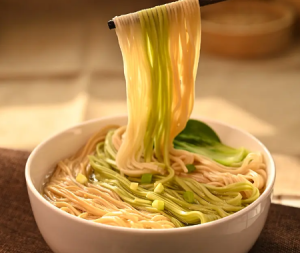
Soy protein isolate can also be used in food industries such as beverages, nutritious foods, and fermented foods.



